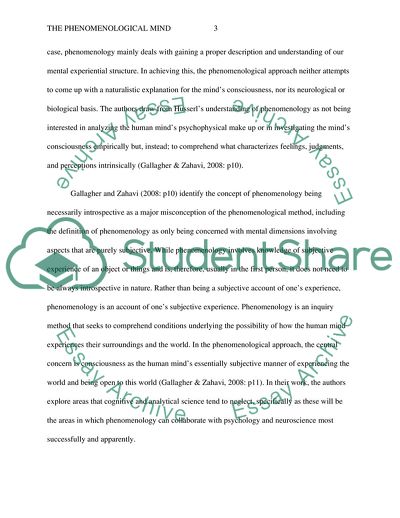Cite this document
(The Phenomenological Mind Essay Example | Topics and Well Written Essays - 1500 words, n.d.)
The Phenomenological Mind Essay Example | Topics and Well Written Essays - 1500 words. https://studentshare.org/philosophy/1845428-explain-gallaghers-and-zahavis-conception-of-a-phenomenological-approach-to-the-study-of-mind-in-the-phenomenological-mind
The Phenomenological Mind Essay Example | Topics and Well Written Essays - 1500 words. https://studentshare.org/philosophy/1845428-explain-gallaghers-and-zahavis-conception-of-a-phenomenological-approach-to-the-study-of-mind-in-the-phenomenological-mind
(The Phenomenological Mind Essay Example | Topics and Well Written Essays - 1500 Words)
The Phenomenological Mind Essay Example | Topics and Well Written Essays - 1500 Words. https://studentshare.org/philosophy/1845428-explain-gallaghers-and-zahavis-conception-of-a-phenomenological-approach-to-the-study-of-mind-in-the-phenomenological-mind.
The Phenomenological Mind Essay Example | Topics and Well Written Essays - 1500 Words. https://studentshare.org/philosophy/1845428-explain-gallaghers-and-zahavis-conception-of-a-phenomenological-approach-to-the-study-of-mind-in-the-phenomenological-mind.
“The Phenomenological Mind Essay Example | Topics and Well Written Essays - 1500 Words”. https://studentshare.org/philosophy/1845428-explain-gallaghers-and-zahavis-conception-of-a-phenomenological-approach-to-the-study-of-mind-in-the-phenomenological-mind.


